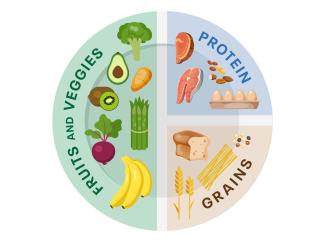
Calcium is indeed an essential mineral for various aspects of human health. It plays a crucial role in the body, primarily in the following areas:
- Bone Health: The majority of the body's calcium is stored in the bones, where it provides strength and structure. Adequate calcium intake is necessary for building and maintaining healthy bones. Insufficient calcium can lead to conditions like osteoporosis, which weakens the bones and makes them more prone to fractures.
- Dental Health: Calcium is a key component of tooth enamel, the outermost layer of teeth. It helps to maintain strong and healthy teeth, and a lack of calcium can contribute to dental problems such as tooth decay and gum disease.
- Muscle Function: Calcium is essential for the proper functioning of muscles. When a nerve signal reaches a muscle, it triggers the release of calcium ions, which enable the muscle fibers to contract. Without adequate calcium, muscle function can be impaired, leading to weakness and cramps.
- Nervous System Function: Calcium also plays a role in nerve transmission. It is involved in the release of neurotransmitters, which are essential for communication between nerve cells. Proper nerve function is crucial for sensory perception, movement, and other bodily functions.
- Blood Clotting: Calcium is necessary for blood clotting, helping to form blood clots when there is an injury to prevent excessive bleeding.
It's important to maintain an adequate intake of calcium through your diet or supplements, particularly if you have special dietary requirements or conditions that may affect calcium absorption. Good dietary sources of calcium include dairy products, leafy green vegetables, fortified foods, and certain nuts and seeds. The recommended daily intake of calcium varies by age, gender, and other factors, so it's advisable to consult with a healthcare professional for personalized guidance on your calcium needs.






